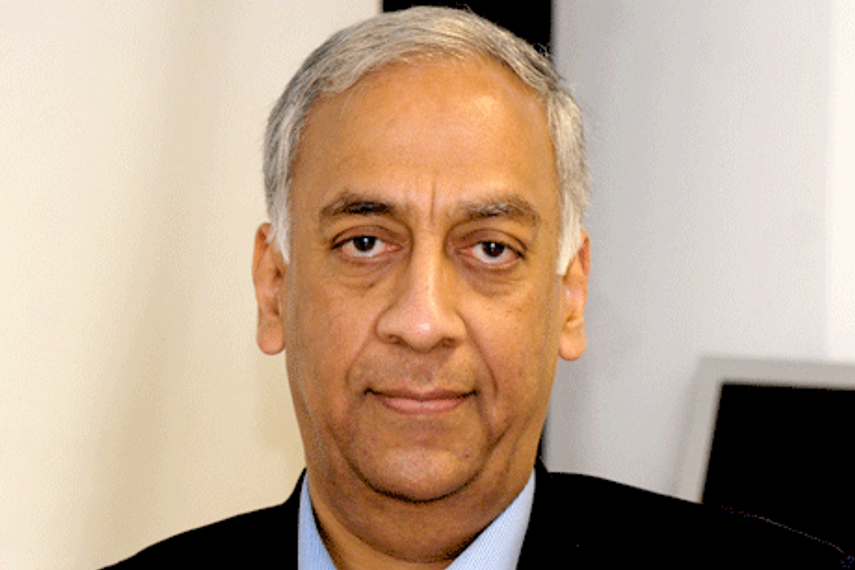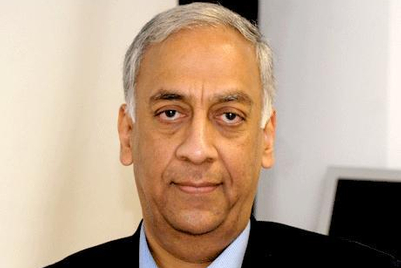
The CMO Council has just released its 2011 State of Marketing Report.
The outcome of a survey among 600 senior marketing professionals, mostly from North America and Western Europe, it throws up a disturbing picture of a professional community that finds itself unequal to the task at hand.
“We’ve found chief marketers overwhelmed with the day-to-day demands associated with strategic planning, branding, meeting, campaigning, and peer-level politicking,” says the report. As a generalised statement that’s pretty strong. What most of the survey participants are challenged by, or are struggling to deal with, boils down to technology and its outcomes: managing technology; managing data; and managing social media.
What is at the top of the “to do” list of marketers in 2011?
- Multiplying marketing performance: to drive top-line growth and market share while better defining the brand and value proposition.
-
Redefining customer experience
- Using insight to grow brand affinity
‘Driving top-line growth and market share by better defining the brand and value proposition’ neatly expresses the very role and purpose of the Marketing function, and is no different from what it has ever been. And ‘using insight to grow brand affinity’ is surely not new either: it is really using insight to better define the brand and value proposition to drive top-line growth and market share.
The trouble starts with what is meant here by ‘redefining customer experience’: essentially, customer experience on the web. It is almost as if customer experience is only virtual, or at least that it is all that matters. Much of the concern stems from the huge amount of unstructured data the digital media generate, which seems to demand to be used. The inability to access and integrate siloed data and make sense of what is accessible on the one hand; and on the other, internal competition over data sovereignty and ineffective collaboration with IT groups, which have their own agenda, are frustrating chief marketers.
Marketers feel a strong need to “bridge the gap between the art of marketing and the science of analytics, measurement and process”: they say they lack the competence to extract insights and predictive analytics from the mass of customer data that continues to multiply inside and outside their organisation.
Add to that the looming overhang of Social Media. Everyone knows it is something they ought to do – no chief marketer can go into a Board meeting with that box un-ticked – but most don't know quite what it is they should do. It is not unusual for a Social Media brief to be as vague as, “We want a Facebook page”; or to be as precise but meaningless as, “Objective: 1 million ‘likes’.” And then there are those who dismiss Social Media as being for kids. They aren’t on Facebook; their kids are, so Social Media is not for grown-ups.
But it is not data and technology alone. “We’ve found chief marketers typically overwhelmed with the day-to-day demands associated with strategic planning, branding, meeting, campaigning, and peer-level politicking,” says the CMO Council. In other words, with managing their lives.
It does seem strange that a whole functional area of management should feel so out of its depth. Consider, though, that in a rapidly changing world no function has to deal with change as much as Marketing does: mainly in society and technology, with all the implications they have for how people live; what moves them; what they buy and why; the choices available to them; and the ways to reach them.
In the United States today, for example, married couples with children are just 20% of all households. “From a marketing perspective this trend means that ‘married with children’ has become just another niche market,” points out Advertising Age. “U.S. households are now so fragmented that any marketing effort to households must take into account that there are many more households of married with no children under age 18 (28%) or people who live alone (27%) than the 20% of households that are married with children.” The happy family at the dining table is no more; the family in front of the TV is no more; media multitasking is the norm. The consumer is still not a moron, but she is not necessarily your wife anymore; and as likely as not, she is a he.
That is a transformational change that only Marketing, among all functions, has to deal with, and demands redefinition of the brand and value proposition and re-examination of its delivery. In this fast-changing, increasingly complex, multi-polar, multi-channel world, the Marketer must deal simultaneously with the strategic big picture and the minutiae of execution; make the creative leap as well as a hard-nosed justification of hard-won marketing budgets; and finally be answerable for top-line growth and brand profitability.
Small wonder that, as the report says, “Marketers are “distracted by greater pressure, complexities, and tactical execution challenges in the go-to-market process.... And they face pressure to better map and model the marketing mix, as well as substantiate and validate marketing spend.”
That Marketing is overwhelmed is understandable. But why is it that among all the functions of management Marketing is the one most reluctant to turn to external expertise? Finance, Legal, Technology, Logistics, HR, you-name-it, call in consultants to help address specific issues or even to repurpose the entire function, or indeed the whole organisation. That makes sense. At the very least, it lets the managers get on with the business of running the business while someone outside the operating system deals with what is important but not immediate. It does much more, though. It brings to the task domain expertise and an informed but objective view.
Yet Marketing doesn't hire experts; it hires vendors. Historically, Marketing management for some reason expects, or is expected, to always know exactly what needs to be done. All it needs is someone to carry out its instructions. All manner of agencies – Market Research, Advertising, Media, CRM, PR, et al – present their views, but are paid not for their expert opinion but for execution.
It is perhaps because there is nothing technical about Marketing. It is at heart a creative, entrepreneurial function. Every day is a new day; every situation, unique. There is no template for success, and past experience is at best a rough guide. Market research and data analytics are valuable, but they can only help you make better-informed judgements: they can’t mark out a guaranteed path to success. After all is said and done, the past studied and the data digested, it comes down to intuition.
If Marketing is uniquely complex, it is also uniquely resourced. More than any other function, Marketing has external expertise at its disposal. Executives at all levels routinely interact with specialists in Market Research, Media, Advertising, Design, et al, whose job it is to understand consumers in their various aspects. If I were battling my way in an increasingly complex, competitive, high-stakes world, I would listen carefully to them.


.jpg&h=334&w=500&q=100&v=20250320&c=1)
.jpg&h=334&w=500&q=100&v=20250320&c=1)

.jpg&h=334&w=500&q=100&v=20250320&c=1)


.jpg&h=334&w=500&q=100&v=20250320&c=1)
.jpg&h=334&w=500&q=100&v=20250320&c=1)






.png&h=268&w=401&q=100&v=20250320&c=1)

.jpg&h=268&w=401&q=100&v=20250320&c=1)

